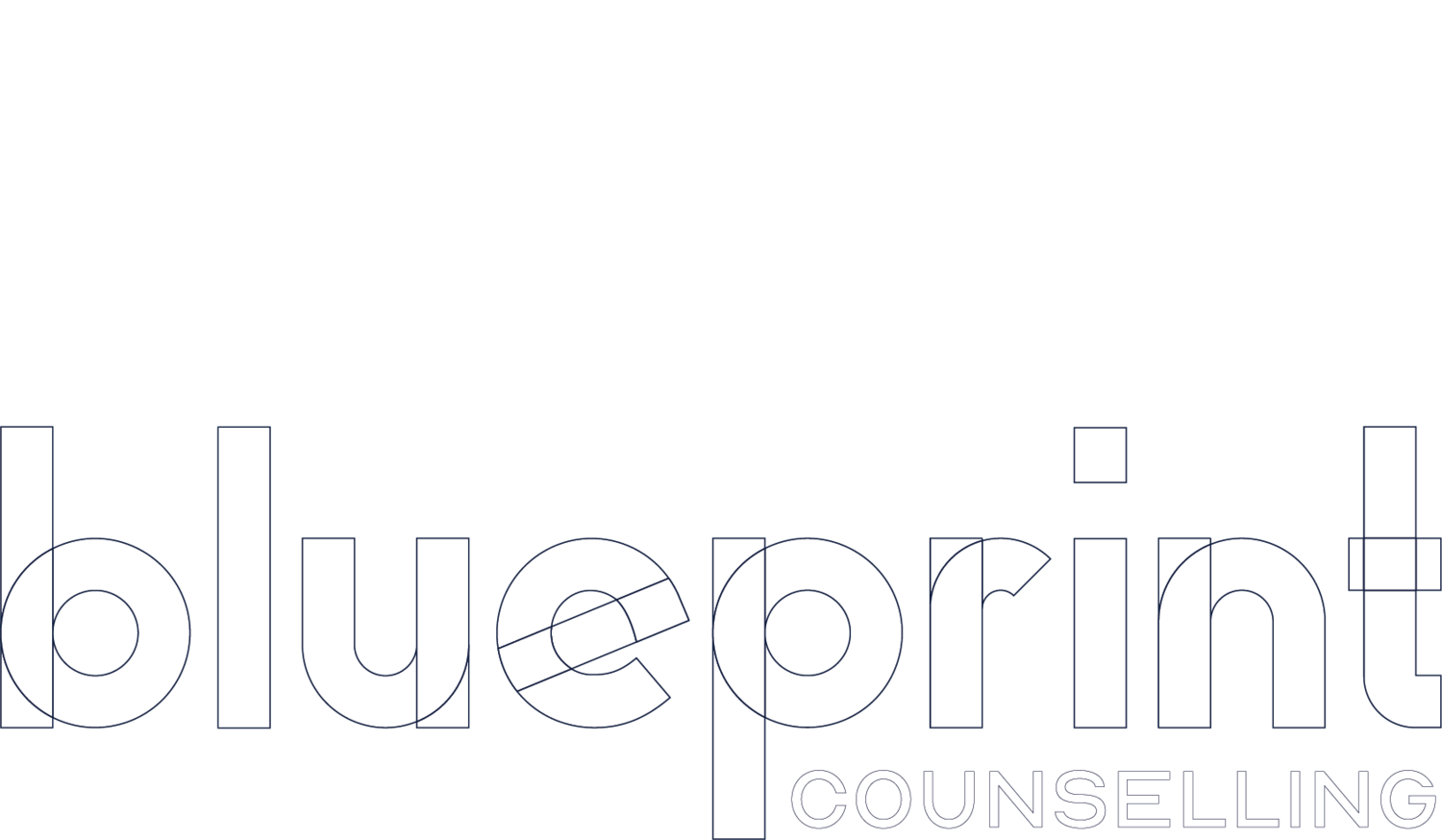Humour in Therapy: Regulating the Nervous System, One Laugh at a Time
“Oh hello! Welcome. Are you here for the show?” I ask the nurse who has entered my doctor’s office to bear witness to my Pap* test. The silence my (arguably, hilarious) joke is met with is palpable, and I become even more self-conscious than I already was with the lower half of my body completely exposed to the two strangers in the room. I knew it was a risk, making that joke, but I could not have anticipated this level of awkwardness. My nervous chuckle that followed felt as confronting and out of place as a rogue, unexpected basketball, pounding off the walls around us while they worked and I, well, lay there, questioning my life choices.
The Role of Humour in “Serious” Environments
In that moment, I wondered if perhaps there was no place for humour there. Why did I create this awkwardness? Having an audience for an intimate procedure is uncomfortable enough without my impromptu stand-up routine adding to the drama. Along with questioning if my comedic timing was as good as I thought it was, while trying to distract myself during the Pap I considered a scenario which involved them both laughing along with me, and how much more pleasant this whole experience would have been. It would have broken the tension, lightened the vibe, and generally could have made all three of us feel good in an awkward situation. Above all, however, it highlighted to me the important role humour can have in more “serious” environments, for example, in a therapy session.
Can Humour Build Rapport in Therapy?
Therapy is serious business, no doubt, but a healthy dose of humour can be the thing that builds rapport and breaks down barriers to form connection. Many folks come to their first session with nerves and apprehension at the forefront, unsure of what to expect, to feel, or what they will be asked. To alleviate these feelings, therapists are taught that it is helpful to open a session with small talk in order to alleviate the potentially tense, nervous atmosphere. Would humour be helpful here? I argue that, yes, absolutely! Humour can be helpful in many ways, but as my practice is often one which focuses on the nervous system, it feels appropriate to focus this conversation on just that.
How Does Humour Affect the Nervous System?
My clients will be familiar with the fact that I talk a lot about nervous system regulation and somatic (mind/body connection) techniques in my practice, and laughter is an excellent somatic practice. Laughter is extremely powerful; it can cue the nervous system that you are safe, which in turn sends signals to your brain that it’s ok to relax now (Killian, 2019, quoted in Moore, 2021). Even just hearing genuine laughter can be enough to start to regulate the nervous system (Fujiwara & Okamura, 2018)! Therefore, in my practice, I make humour somewhat of a priority.
How I Use Humour as a Therapist
Although the story I shared is one of terrible comedic timing (not my finest moment), in a professional capacity my ability to read the room is a honed skill. Ascertaining when and when not to use humour is constantly being assessed and within that assessment, reading the body language of my clients tells me that there is a distinct shift after they laugh; they open up physically (less crossed legs and arms), they lean towards me, eye contact shifts to be more direct, and fidgeting decreases. All signs that their nervous systems have become more regulated. Even before I have met my clients in person, during our virtual consultations I always take time to note that I often come to my sessions with humour at the forefront, and once again this is usually met with a notable shift in body language (as much as is visible on a screen!) and facial expressions.
Aside from the nervous system regulation and therapist jargon of it all, I love to make people laugh. Humour is a large part of my personality, and coming to my sessions authentically is important to me as I know that it builds strong connections with my amazing clients. It is a privilege to have someone allow me to know the intimate parts of themselves, so the least I can do is show up for them authentically, and of course, make them laugh!
If this sounds like your kind of therapist, you can visit my profile here. I would love to meet you!
*A Pap (Papanicolaou) test is a routine, internal medical procedure which involves collecting cells from the cervix to test for cervical cancer.
References
Fujiwara, Y., & Okamura, H. (2018). Hearing laughter improves the recovery process of the autonomic nervous system after a stress-loading task: a randomized controlled trial. BioPsychoSocial medicine, 12, 22. https://doi.org/10.1186/s13030-018-0141-0
Moore, J. (2021, May 12). Laughter really is among the best medicines, says Air Force nurse. Health.mil. https://health.mil/News/Articles/2021/05/12/Laughter-really-is-among-the-best-medicines-says-Air-Force-nurse#:~:text=%22The%20vagus%20nerve%20activates%20your,you%20laugh%2C%22%20said%20Killian
